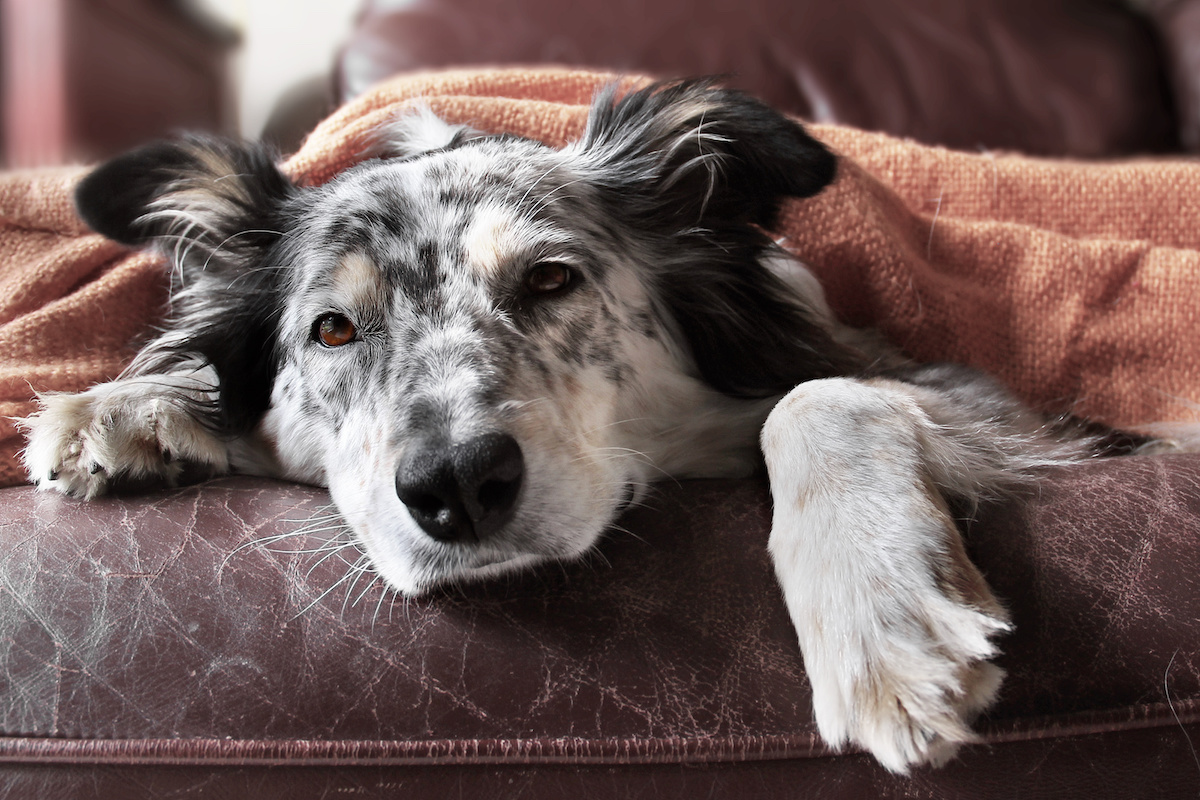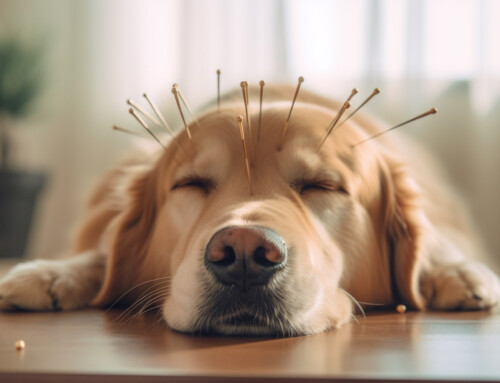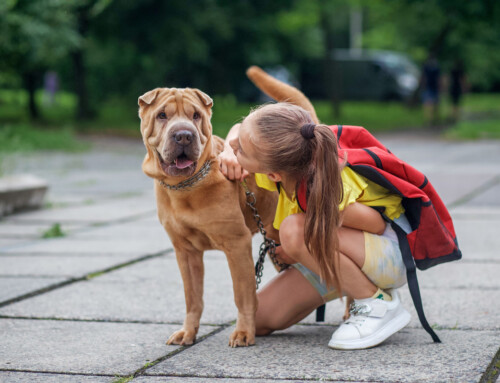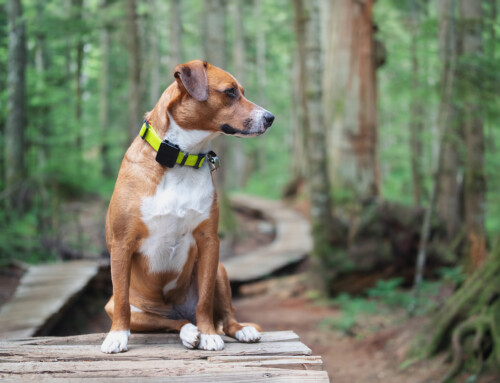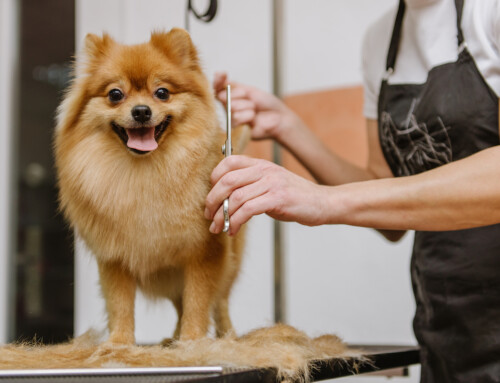You know the feeling of an upset stomach. Your intestines begin to cramp and you find yourself sprinting to the bathroom in a hurry. The bad news is that your pup can also be plagued with tummy troubles, including diarrhea. If you’re like many pet owners, you may be wondering why does my dog have diarrhea? Seeing your beloved furry friend suffer from this common, yet sometimes serious and even life-threatening condition can be a cause of great distress.
Fortunately, there are things you can do to help your pup feel better and get back to good health. This guide will provide an overview of what causes dog diarrhea, symptoms to look for, how to diagnose and treat it, as well as ways to help prevent it from happening in the future.
Why Does My Dog Have Diarrhea?
The most common cause of dog diarrhea is a dietary change, such as switching to a new food. Your pup may also experience a bout of it if they eat something that doesn’t agree with them, such as spoiled food, grass or other plant material, or garbage. Other potential causes include:
- Stress
- Parasites
- Bacteria
- Viruses
- Intestinal obstruction
Some medications can also cause it, so it’s important to talk to your vet if you’re concerned about any medications your pup is taking.
In some cases, the cause of the diarrhea may not be known. It may come from underlying medical condition such as inflammatory bowel disease or irritable bowel syndrome. In these cases, it’s important to talk to your veterinarian to determine the best course of action.
Symptoms of Dog Diarrhea
The most obvious symptom of dog diarrhea is watery or loose stools. You may also notice that your pup is straining to defecate more often than usual. Other symptoms to look for include vomiting, loss of appetite, weight loss, and lethargy. In some cases, your pup may also have blood or mucus in their stools.
It’s important to note that diarrhea can be caused by a wide variety of conditions, so it’s essential to take your pup to the vet for a proper diagnosis. This can help rule out any serious underlying medical conditions, as well as provide treatment options to help your pup feel better.
If your pup has been experiencing diarrhea, it’s important to take them to the vet for a proper diagnosis. Your vet will perform a physical exam, ask questions about your pup’s diet and lifestyle, and may also recommend tests including a fecal examination, blood work, or X-rays. They can help you answer the question: why does my dog have diarrhea?
The results of these tests can help to determine the cause of the diarrhea and allow your vet to develop a treatment plan. In some cases, your vet may recommend additional tests or refer you to a specialist.
Treating Dog Diarrhea
Once the cause of your pup’s diarrhea has been determined, your vet can recommend the best course of treatment. Depending on the cause, treatment may include dietary changes, medications, and home remedies. Here’s a look at each of these options:
Dietary Changes
If your pup has diarrhea due to a dietary change, it’s important to switch back to the previous food or find an alternative that is more suitable. In some cases, it may be necessary to feed your pup a bland diet such as boiled chicken and rice until the diarrhea resolves. You’ll want to give your pup a ratio of 2:1 chicken and rice. Your vet can help you determine the best diet for your pup’s specific needs.
Medications
If your pup’s diarrhea is caused by a bacterial infection or parasites, your vet may prescribe antibiotics or other medications to treat the underlying condition. In some cases, anti-diarrheal medications may also be prescribed to help stop the diarrhea.
Home Remedies
There are several home remedies that can be used to help treat your pup’s diarrhea. For example, adding a teaspoon of plain yogurt to your pup’s food can help to restore healthy bacteria to the gut and reduce symptoms. It’s important to talk to your vet before trying any home remedies.
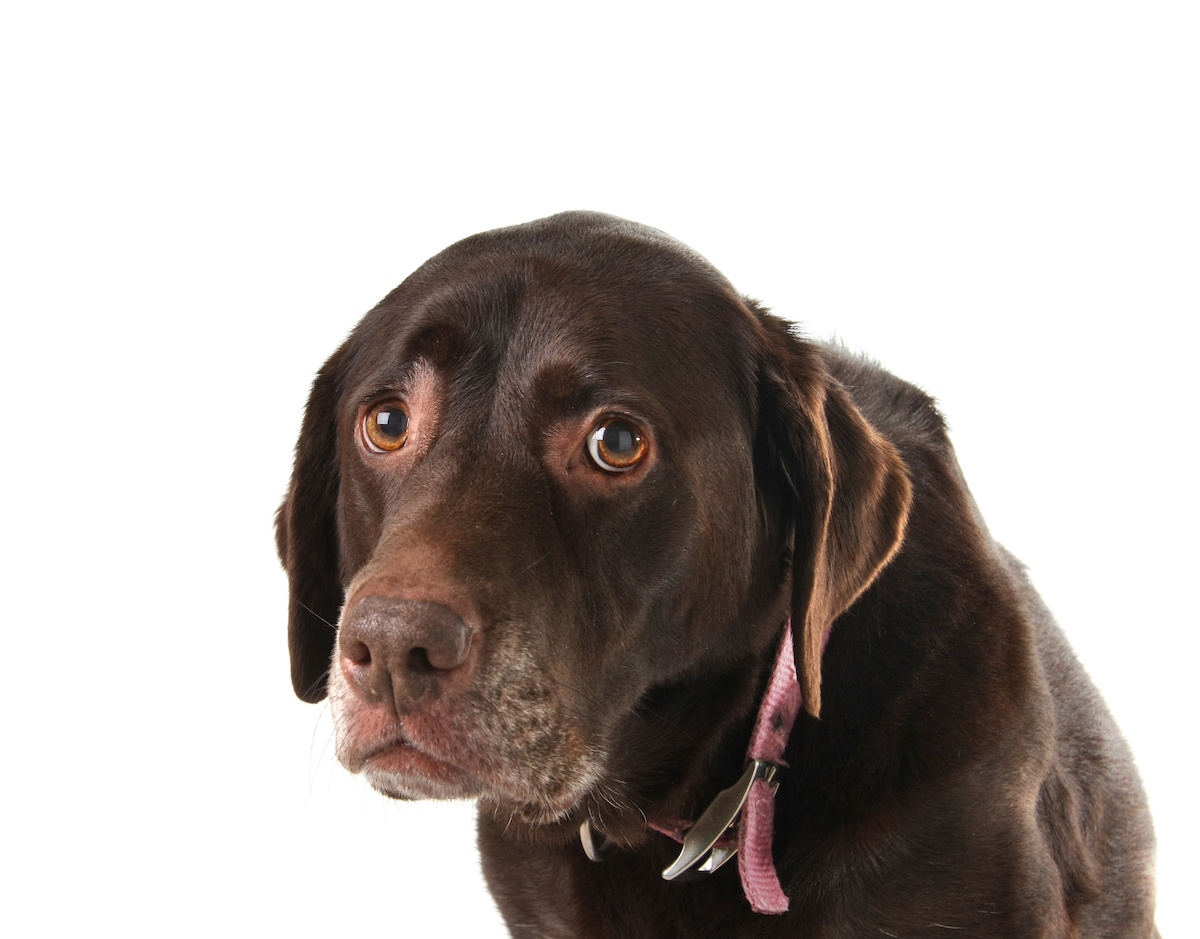
Prevention of Dog Diarrhea
The best way to prevent your pup from getting diarrhea is to keep them on a consistent diet that is suitable for their age and activity level. It’s also important to keep them away from spoiled food, garbage, and other substances that may cause an upset stomach.
It’s also important to keep your pup up-to-date on their vaccinations and parasite prevention medications. This can help to reduce the risk of parasites and other infections that can cause diarrhea. Additionally, it’s important to practice good hygiene and clean up any messes quickly and thoroughly to help reduce the risk of contamination.
When to See a Vet for Dog Diarrhea
It’s important to take your pup to the vet if they are experiencing diarrhea for more than a day or two, or if it is accompanied by other symptoms such as vomiting, weight loss, or lethargy.
If you notice blood or mucus in your pup’s stool, it’s important to seek medical attention immediately.
It’s also important to see your vet if you suspect your pup’s diarrhea is caused by a dietary change or medication, as they can provide treatment options to help resolve the issue. Finally, if you’re concerned about your pup’s diarrhea for any reason, it’s always best to talk to your vet to determine the best course of action.
Why Does My Dog Have Diarrhea? Schedule an Appointment with MainStreet Veterinarians
Diarrhea is a common issue in dogs, but it can also be a sign of a more serious underlying medical condition. That’s why it’s important to talk to your vet if you’re concerned about your pup’s diarrhea. With proper diagnosis and treatment, you can help your pup feel better and get back to good health.
If your pup is suffering from diarrhea, contact MainStreet Veterinarians for help with your dog’s upset stomach. Our experienced team is here to provide the advice and treatment your pup needs to get back to feeling their best.



